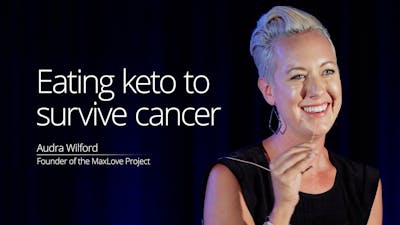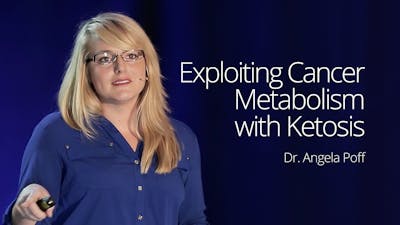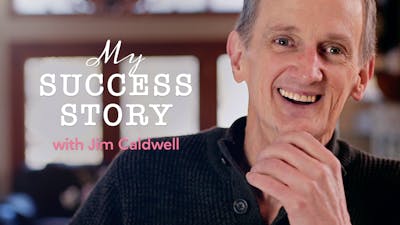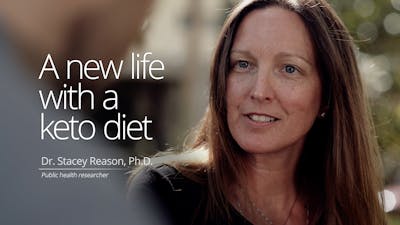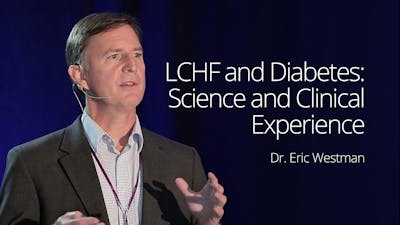Should you NOT eat your vegetables?
41,685 views Add as favorite
Could you be better off reducing your vegetable intake – or just skip it all together? And could ketosis be helpful in preventing Alzheimer’s disease and treating mood disorders?
This is an interesting interview with psychiatrist Dr. Georgia Ede, who answers all these questions.
You can watch a segment from the video interview above (transcript). The full interview is available on our member site:
Top videos about ketosis
- MEMBERS ONLY
![Eating keto to survive cancer]()
- MEMBERS ONLY
![Exploiting cancer metabolism with ketosis]()
- MEMBERS ONLY
![A new life with a keto diet]()
- MEMBERS ONLY
![LCHF and diabetes: science and clinical experience]()
